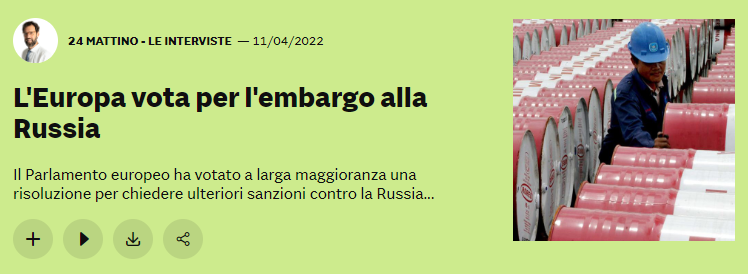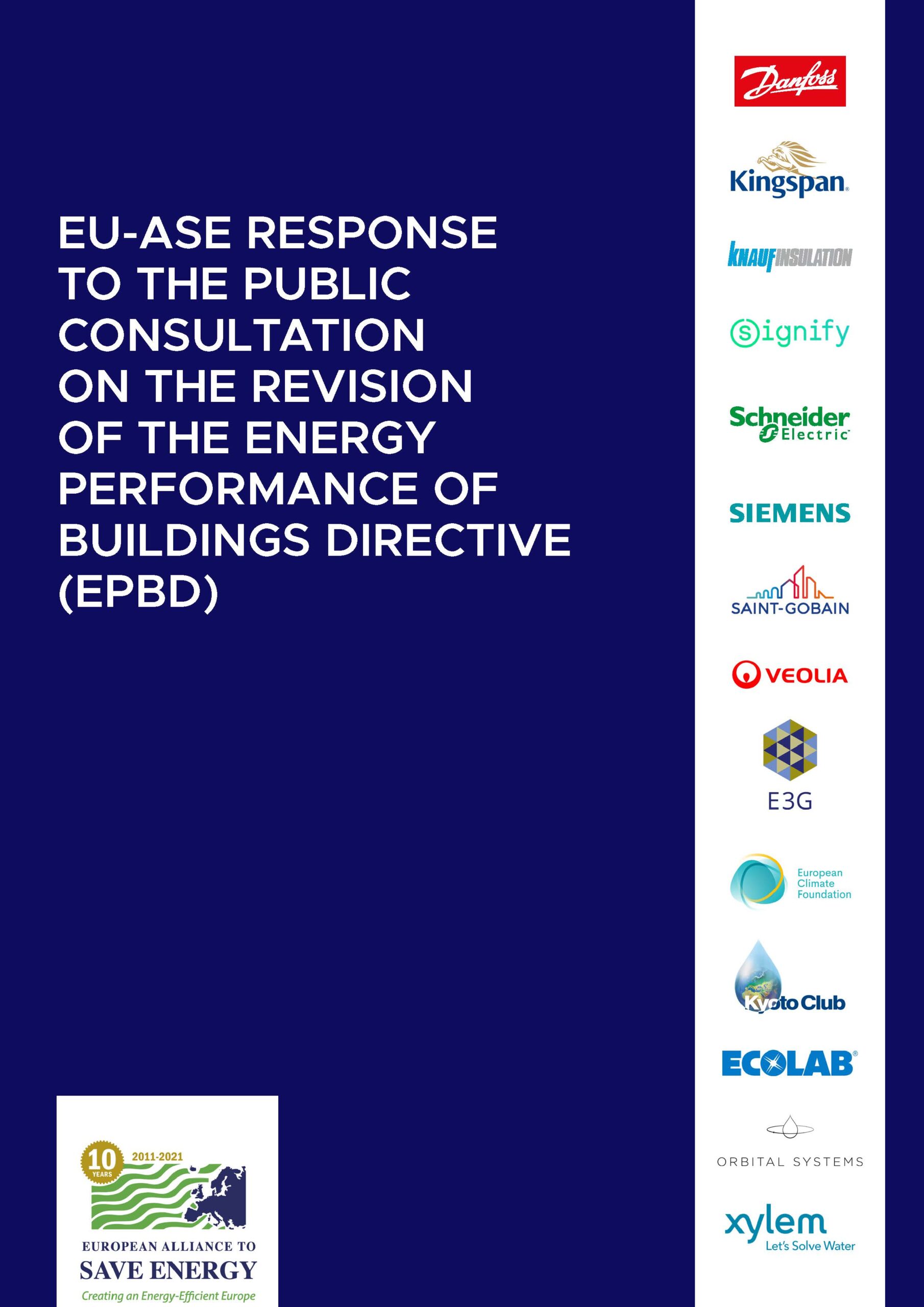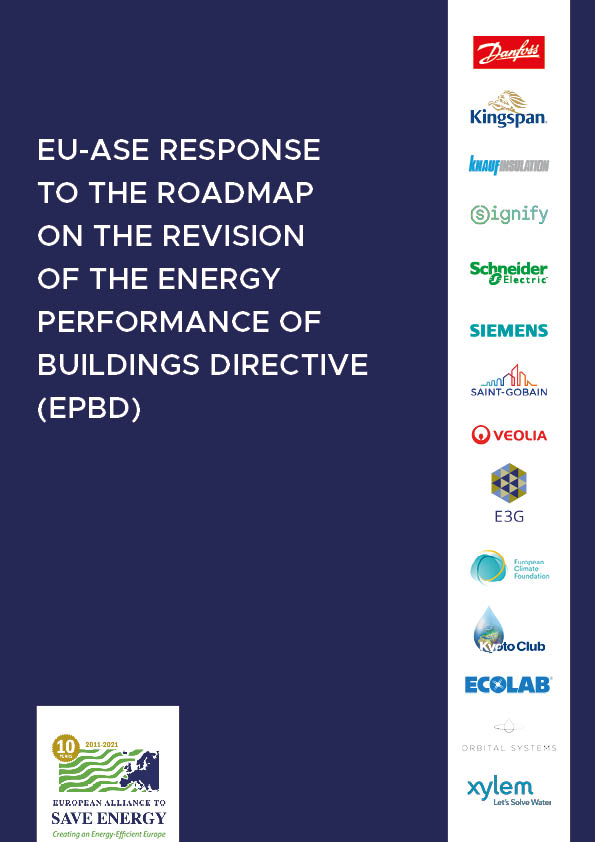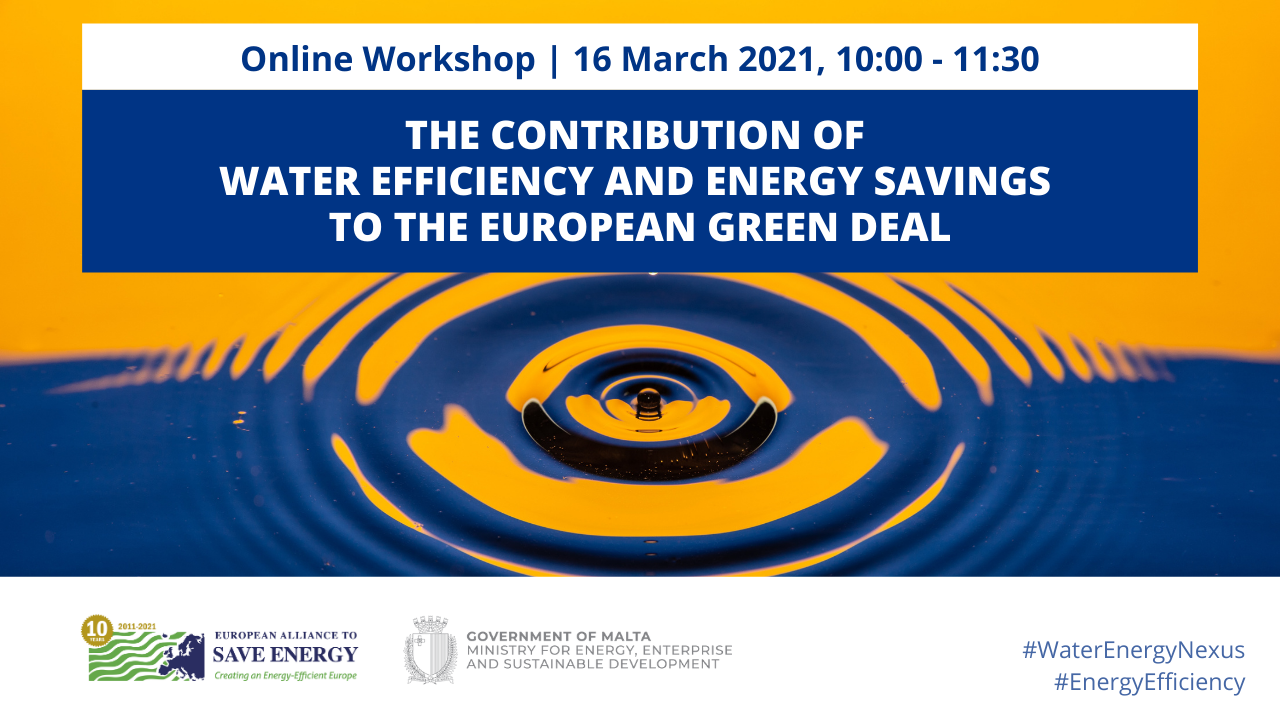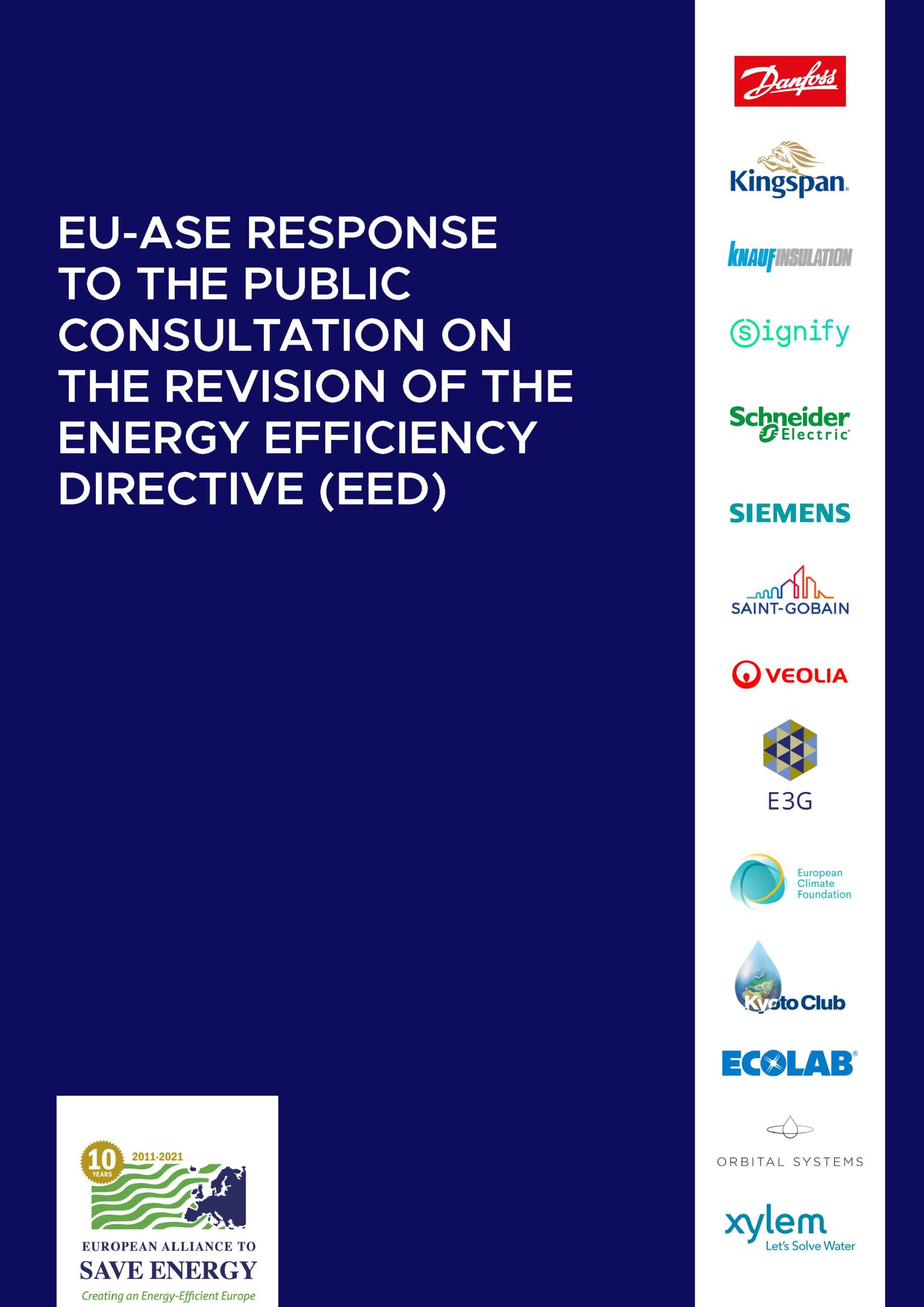With this workshop, co-organised with the Maltese Ministry for Energy, Enterprise and Sustainable Development, we explored policy, technological and practical approaches to fully realise the highly needed energy savings and achieve the emissions-reduction potential of the water-energy nexus.
Water and energy are highly interdependent (‘water-energy nexus’) and should be considered as such across all European Union policies. This would ensure the availability of Europe’s water resources, while supporting the EU energy and climate objectives, in particular those related to energy efficiency.
Energy is needed to abstract, distribute, heat, cool, treat and desalinate water. Water and wastewater sectors account for 3.5% of electricity use in the EU and that share is expected to rise over the next years. For municipalities, water and waste water facilities account for the largest consumption of electricity, representing 30-40% of local authorities’ total electricity bill.
Smart water management across the water sector as well as industrial, commercial, and residential water cycles can lead to significant energy savings. The key is to fully understand the energy-water nexus, its ability to generate water and energy efficiencies, and its contribution to deliver the ambitious goals of the European Green Deal.
The workshop featured:
- A keynote address from Miriam Dalli, Minister for Energy, Enterprise and Sustainable Development of the Republic of Malta
- An overview of the EU policy and regulatory framework related to the water-energy nexus by Veronica Manfredi, Director for Quality of Life, DG Environment, European Commission; and Robert Nuij, Deputy Head of Unit for Energy Efficiency, DG Energy, European Commission
- Case studies presentations by leading businesses to support current EU policy implementation and future policy and regulatory developments
- Q&A with the panelists
- Conclusions by Simona Bonafè, Member of the European Parliament and of the ENVI and ITRE Committees
Watch the recording of the event on our YouTube channel
The full presentation is available here
Our publication:
Water-energy nexus and energy saving obligations: industry success stories
